By Mike Wilmington and Film Noir Blonde
The Noir File is FNB’s guide to classic film noir, neo-noir and pre-noir from the schedule of Turner Classic Movies (TCM), which broadcasts them uncut and uninterrupted. The times are Eastern Standard and (Pacific Standard).
PICK OF THE WEEK
“Kiss of Death” (1947, dir. Henry Hathaway). Tuesday, May 14; 8 p.m. (5 p.m.). One of the most memorable, and scariest, of all film noir villains is Tommy Udo from “Kiss of Death,” as played by the young Richard Widmark. Tommy was a constantly grinning, giggling gunman with a pale, thin, deadly-looking face, topped by a trim fedora – a face and a chuckle that carried the promise of cold-blooded murder.
In “Kiss of Death” – another of director Henry Hathaway’s semi-true crime movies, this time co-scripted by the great Ben Hecht – Victor Mature plays Nick Bianco, an ex-crook trying to go straight, for his sweet wife Nettie (Coleen Gray). To escape his past, Nick becomes a mole recruited by the cops (including Brian Donlevy and Karl Malden) to infiltrate Udo’s mob and get the goods on this gangster. Udo falls for his new mob-mate, giggling, like a ton of bricks. Obviously, something very bad will happen when this psychopathic hood discovers that his new gun buddy is a traitor.
“Kiss of Death” is a classic, vintage Hollywood crime thriller, one of the film noirs that everyone has to see – to savor Hecht’s smart script and Hathaway’s taut direction, and to enjoy the terrific work of the entire killer cast and company. But mostly, you have to see it for Widmark. His Tommy Udo is an impersonation of pure evil so right-on that it almost freezes your blood to watch and hear him – and so convincing that a real-life member of the Mob, the notorious killer “Crazy Joey” Gallo, patterned his entire public personality after Widmark’s performance.
The role made Widmark a star, and, though he tried never to repeat it, and played mostly good guys for the rest of his career, he could never really get away from Tommy Udo and his pale, cold eyes, and what James Agee called his “falsetto baby talk, laced with tittering laughs.”
Tommy Udo is the last guy in the world you want to have his eye on you, the last guy whose laugh you want to hear on a dark street. And he’s the last guy you want to see standing behind a sick old lady, in a wheelchair, at the top of a staircase. Giggling.
Friday, May 10
6 a.m. (3 a.m.): “The Informer” (1935, John Ford). With Victor McLaglen, Preston Foster and Heather Angel. Reviewed on FNB December 12, 2012.
11 p.m. (8 p.m.): “Under Capricorn” (1949, Alfred Hitchcock). With Ingrid Bergman, Joseph Cotten and Margaret Leighton. Reviewed on FNB November 17, 2012. [Read more…]
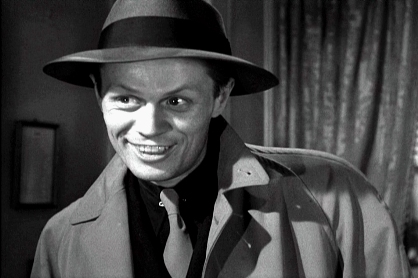
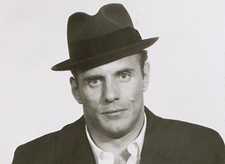





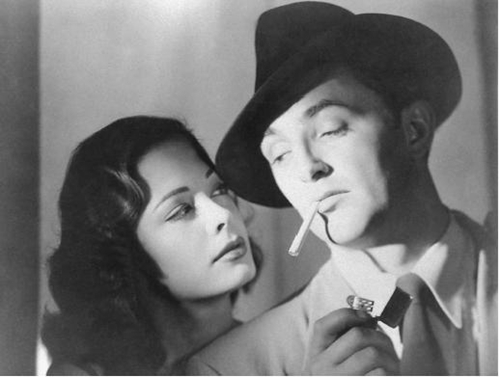
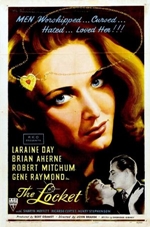
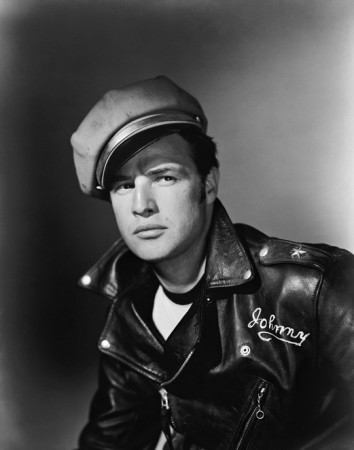
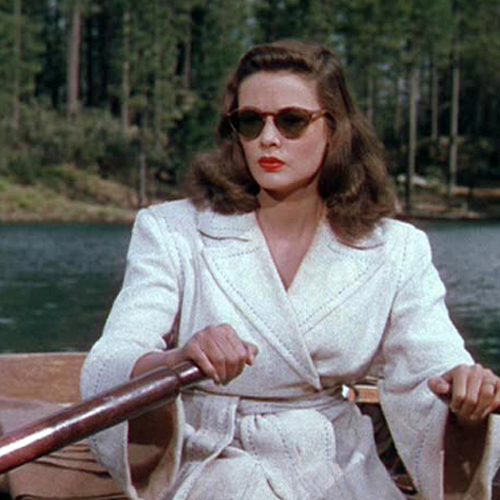
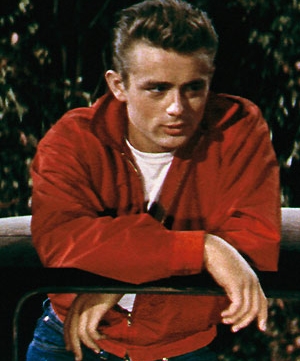
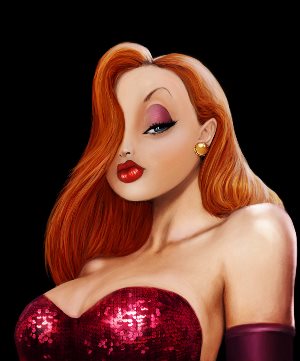

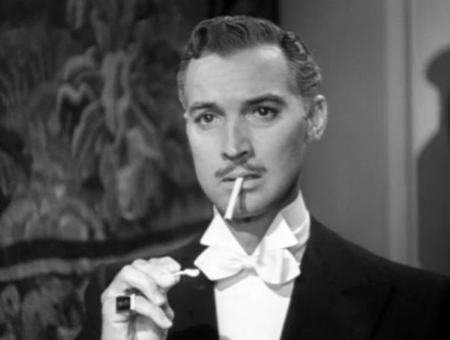
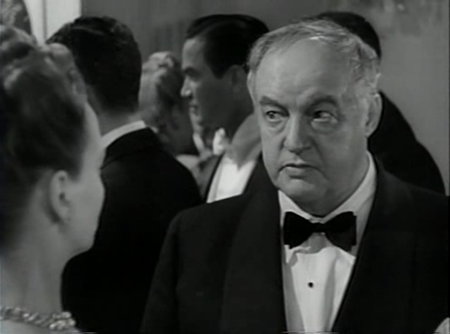
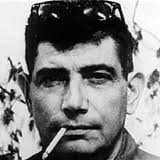
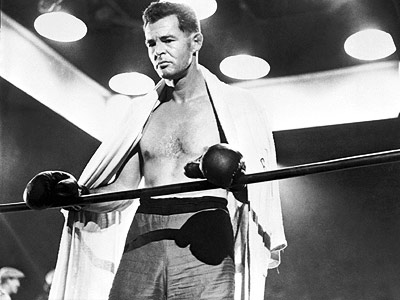
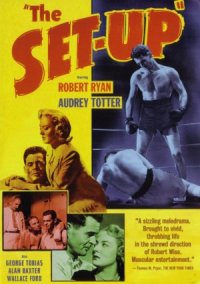
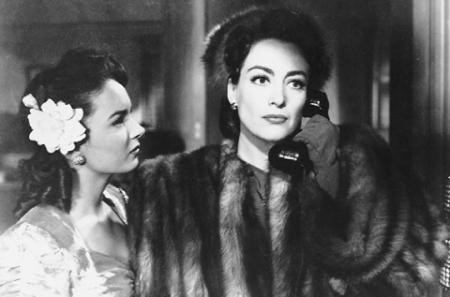
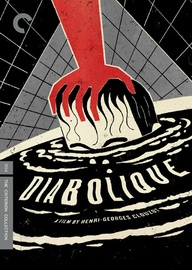
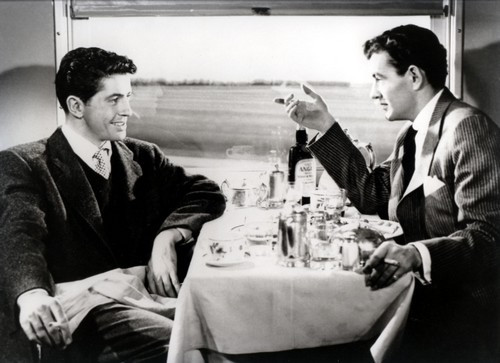
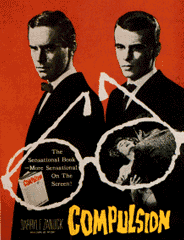
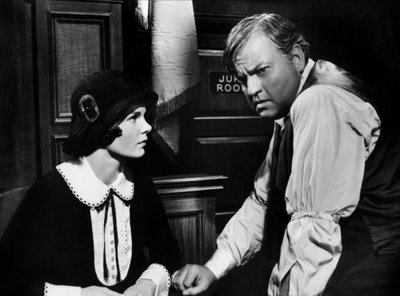
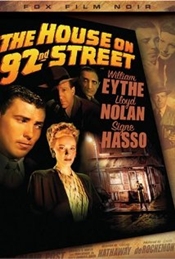
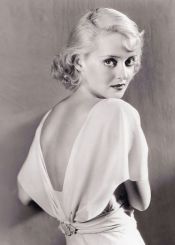

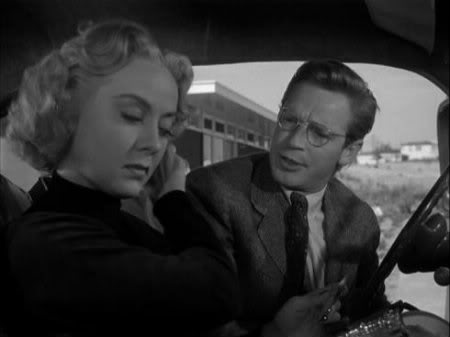





From FNB readers